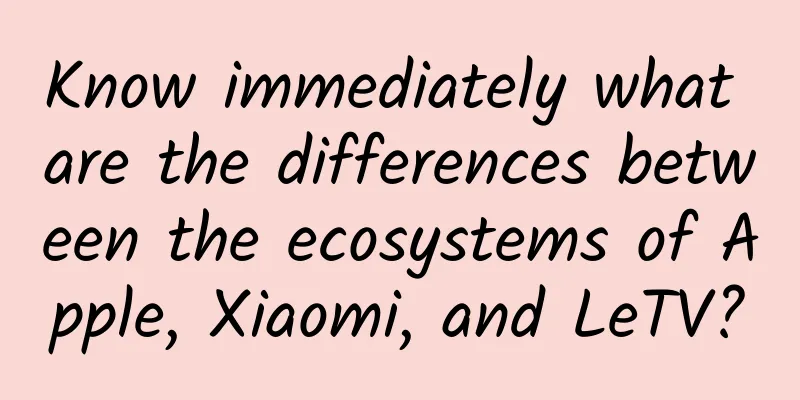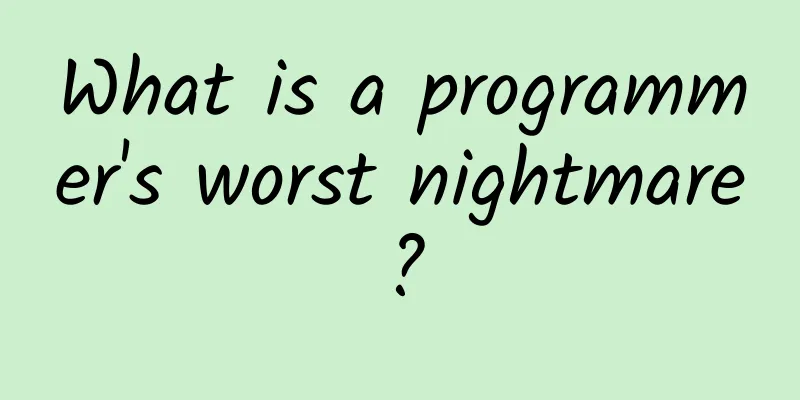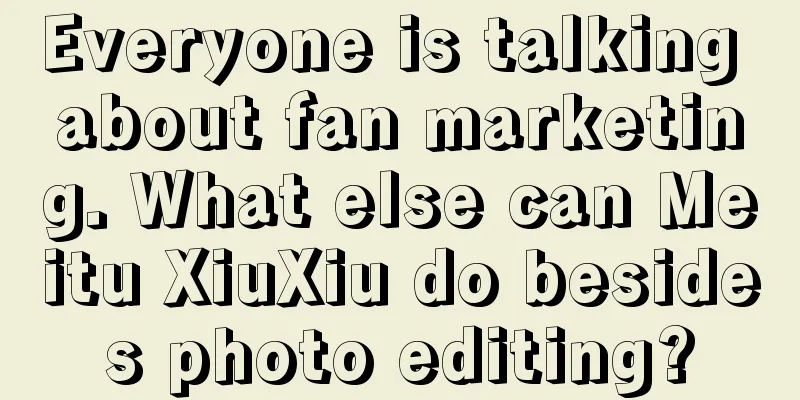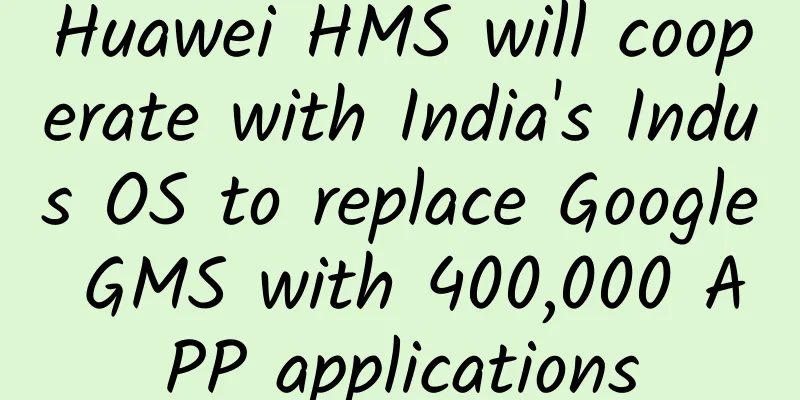Do you still remember the text message you left in the corner?
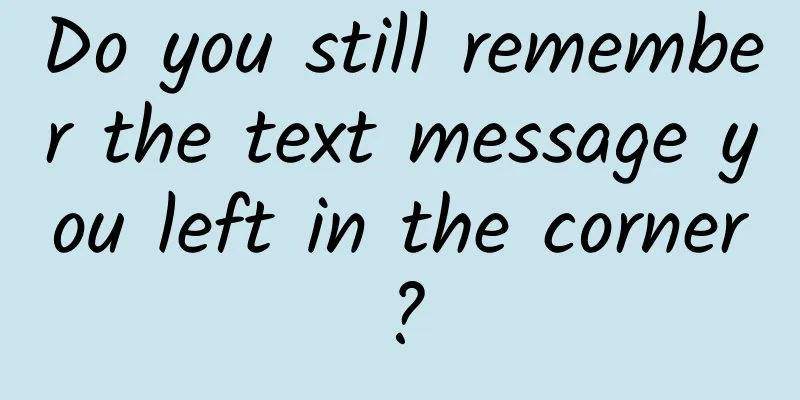
|
At the end of June, Matti Makonen, a Finnish engineer known as the father of SMS, passed away due to illness. At the time of his death, Nokia, the manufacturer of the first mobile phone with SMS editing function, no longer produced mobile phones and turned into a communication technology provider. Although Makonen said that SMS can last forever in various ways, the reality is that we use SMS less and less. When only a few text messages were replaced by WeChat and other instant messaging, we didn’t take it seriously. Every year when greeting each other for the New Year, we would mention in passing that the number of WeChat messages sent hit a new high, while the number of New Year greeting text messages hit a new low. In just three or two years, the situation has changed to that we basically only use text messages when communicating with our parents, or even our parents have learned to use WeChat. This year, because of the red envelope grabbing war, text messages are even less likely to be mentioned. iOS, Windows Phone and some domestic ROMs provide their own so-called "Internet SMS" services. Instant messages and text messages are displayed on the same interface. Only people who use the same system at the same time can see each other's so-called "Internet SMS". Otherwise, they can only install the corresponding client to receive them. Even the traditional SMS itself is undergoing changes. There is a software that provides such a function. When two users who have installed the software send text messages to each other, each time they enter a word, the word will appear on the other party's text message interface at the same time. The information that the other party is typing is sent along the mobile network and attached to the interface, rather than going through the SMS channel. The information sent through the SMS channel will be left as a draft in the chat history, and the original text that is being typed will be destroyed, similar to a self-destructing message. So, will SMS be eliminated or replaced? Will it really last forever as its creator said? Let's take a look at what SMS eliminated. In fact, what SMS really killed, and killed quickly, was the paging service. In the last few years of the 1990s, the paging service was very popular all over the country. The paging numbers at that time were 126 and 127. The most famous pager was a small device from Motorola, which looked like a round pebble in the hand. It had a green LCD screen that could display two lines of Chinese characters. When the screen was turned on at night, it would emit a bright backlight, which was very technological. In fact, the old pager service is still in use. It is still used in some places that require extremely high stability. For example, in the operation and maintenance of data centers, they will choose to use pagers to receive system alarms, because such alarms are frequent, the format is plain text, and mixed with ordinary text messages, which will numb the recipient's brain and block the information. In this way, once the system really has problems, the story of "the boy who cried wolf" will be staged. In addition, some firefighters use pagers to receive fire alarms. The reason is the same, all to distinguish it from their daily information flow. But if this is what Makonen means by "text messaging is here to stay," then it's not much different from the outdated paging technology, and its existence and death are not much different. Of course, we cannot assume that the “eternal text messages” only refer to SMS technology, which will be retired along with the GSM network. I think that at this stage, the meaning of SMS is a backup plan for most people when the network fails or crashes. All OTT services (Internet text messages, Internet phone calls, Internet TV, etc.) require network connections as a basis. All files and information are converted into unified data packets and transmitted on the mobile network. This is a different idea from the previous voice, text and data information that occupied different channels for transmission. Of course, it is most efficient and cost-effective to send various types of information together. Therefore, in the 4G-5G era, even voice call services for general consumers will be converted into data packets and sent through network channels. Traditional mobile voice networks will be eliminated by VoLTE. However, if the same network that all OTT services rely on fails, it will cause huge problems. At this time, a backup method is definitely needed. It is important for most people to be able to make calls and send text messages when the network is disconnected. There is no need to assume the worst-case scenario - in many subway cars and elevators in China, or for those who do not have an Internet package, you can still make calls and send text messages even if you can't get online. Isn't this important? SMS is not the only technology that can achieve transmission through a separate channel without 4G or 5G networks. AMBER warnings for missing persons in the United States, Japan's emergency earthquake early warning, community text messages, and Beidou text messages all meet this definition. After SMS retires, they will continue to carry the meaning of the term "text message". Some people may say that if this is the case, we should not call Makonen the "father of SMS". We should call the person who invented paging - no - invented the telegraph the "father of SMS". In fact, this involves another meaning of the concept of "SMS" that we are talking about now. Paging and even telegrams, like SMS, all use a special channel to transmit text messages. It should be said that the most fundamental difference between SMS and text messages is that before SMS, text transmission required a separate terminal. Back then, SMS quickly replaced paging with slogans like "Phone and paging two-in-one". At the same time, using the phone's dialing keypad, paging also realized autonomous transmission for the first time, without the operator manually converting your phone voice into text. I think that the concept of "SMS" in the future should refer to: a type of plain text message that is transmitted through a separate channel outside the Internet but can be sent and received on all devices. The reason why SMS can be immortal and still have practical significance is that it will become a universal industry standard. No matter you are using iOS, Android or a feature phone, you have to abide by the same standard and be compatible with SMS. At the same time, it can remain stable for a long time and work when you really need it. |
<<: Android apk anti-decompilation technology Part 1 - Packing technology
Recommend
6 basic elements of planning a complete event
Before sharing your content, please consider the ...
What can a public account do well in the early stages to accelerate user growth?
First of all, I want to say that the essence of b...
18 time management lessons that high-performance people must learn from a trainer from a Fortune 500 company with an annual income of one million
Wasn’t there the Luo Zhixiang’s multi-person Qigo...
The blockade of residential areas in Jingzhou, Hubei Province will be lifted from 17th, and all checkpoints in the central urban area will be removed
Chutian Metropolis Daily, March 16 (Reporter Gao ...
Bidding promotion data analysis method!
Bidding data analysis is a relatively broad conce...
Four steps to improve app retention using push notifications
How to improve user retention rate is one of the ...
Is Baidu Youqianhua legitimate? Will the loan affect the mortgage in the future?
Young people nowadays have developed the concept ...
The most complete salon event planning summary in history!
Introduction: For operations personnel, the work ...
Himalaya: The highest level of ASO, how does Himalaya promote its apps?
The ASO master we are going to talk about today i...
Product channel promotion through full network marketing!
Nowadays, there are many different methods for pr...
Several strategies for good news marketing
In the increasingly competitive Internet, it is c...
How much does it cost to recruit investors for the Nanchang tableware mini program?
Nanchang tableware mini program investment promot...
How to achieve 100,000 downloads in 2 months with zero budget for APP operation and promotion?
For promoters, the most difficult time is the fir...
A simple and easy-to-understand financial management course, where the bank president teaches you how to manage money
Ten-point classroom super practical and practical...
Zhang Yunhui's lecture on "A Lesson in Feng Shui", the knowledge structure of Yijing Feng Shui
Zhang Yunhui's lecture on "A Lesson in F...
